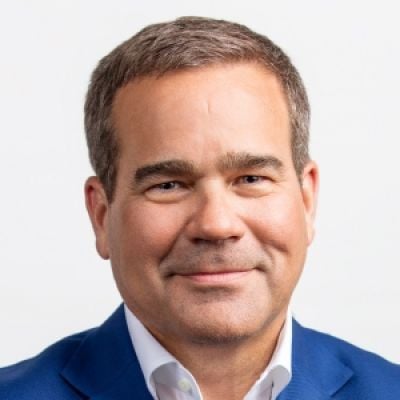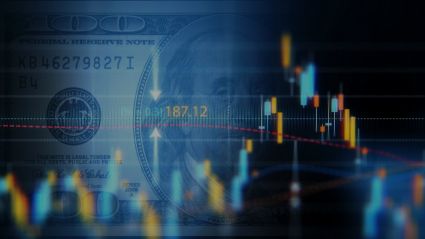
From an economic, business, and societal standpoint, COVID-19 has brought about tremendous change—in the ways we work; the ways we interact with clients, customers, and employees; and the ways we conduct business in the global economy. Digital transformation has accelerated at an incredible pace and, along with the pivot to remote working, required us to rethink our workplace model, with a greater focus on the relationship between maintaining productivity, encouraging a strong sense of community and engagement, and supporting a healthy work-life balance for our staff.
For companies, the challenges arising from COVID-19 call for a much keener sense of adaptability and new ways of working.
On the Rebound
Despite the changes in how we work and, importantly, the significant personal challenges brought on by the pandemic, we are experiencing a historic, turbo-charged economic recovery bolstered by fiscal stimulus and monetary policy; an accelerated pace of vaccinations; robust capital markets issuance; and record equity market performance.
However, while this recovery has benefited many regions and sectors most impacted by the pandemic, the prospect of more permanent inflation in some areas and an evolving labor market continues to present challenges for many segments of the economy.
With BNP Paribas’ transatlantic CIB platform and US retail operations, we are well-positioned to provide support to all of our clients. Corporate and institutional clients have been able to access capital markets and raise liquidity to support balance sheet stability and to pursue growth and investment initiatives. And, on the retail side through Bank of the West, we have been an active participant in government programs, providing assistance to smaller enterprises as well as entrepreneurs and individuals, helping to preserve jobs and provide support to our customers.
However, as variants spread and outbreaks continue, our work is far from over. To mitigate the risk of additional surges and prevent subsequent economic disruptions, it is imperative that the battle against COVID-19 be fought collectively.
Accelerating ESG
We are seeing the benefits of a more collective approach in the steady uptick in environmental, social, and corporate-governance (ESG) commitments and interest, including a renewed focus on societal betterment.
While BNP Paribas has long been at the forefront of ESG initiatives and an innovator in the sustainability-linked loan and bond markets, the pace of change has accelerated rapidly for ESG products supported by government policy objectives, regulatory expectations, the demands of society, and the willingness of corporations to embrace ESG targets and supportive capital markets.
Not surprisingly, BNP Paribas continues to see exponential growth in the sustainable finance market. Increased demand from both investors and issuers has led to innovation in ESG-linked financial services products and acted as a catalyst for improved metrics to measure sustainable commitments, as well as greater transparency for market participants.
It is our belief that sustainability will be central to the global recovery long-term, playing a pivotal role in infrastructure investment globally, and allowing us to not only prosper but to also forge a more equitable and resilient society.
Embracing Change as an Opportunity
For companies, the challenges arising from COVID-19 call for a much keener sense of adaptability and new ways of working than in years past, as well as a strong commitment to understanding the changing needs of all stakeholders. Offering greater workplace flexibility has already become increasingly important for organizations seeking to retain and attract talent.
More than ever, enabling new ways of collaborating and communicating will become compulsory for many industries. In little more than a year and a half, the ways we interface with clients and conduct business have clearly been altered, and while meeting in-person both with clients and colleagues remains invaluable, we are unlikely to see a return to the business travel intensity that was commonplace pre-COVID. And, in certain centers of business, commercial real-estate footprints continue to contract, which is likely to be another catalyst for hybrid work models, particularly as the digital ecosystem evolves.
In short, the unpredictability that has been with us since the start of the pandemic—and especially now with the rise of the Delta variant—reinforces the need for businesses to remain agile, with the recognition that despite the complexities, decision-making must now be more nimble. The ability to continually adapt in the face of the unknown will be vital as we continue to confront the long-lasting effects of COVID-19 on business and on society.














